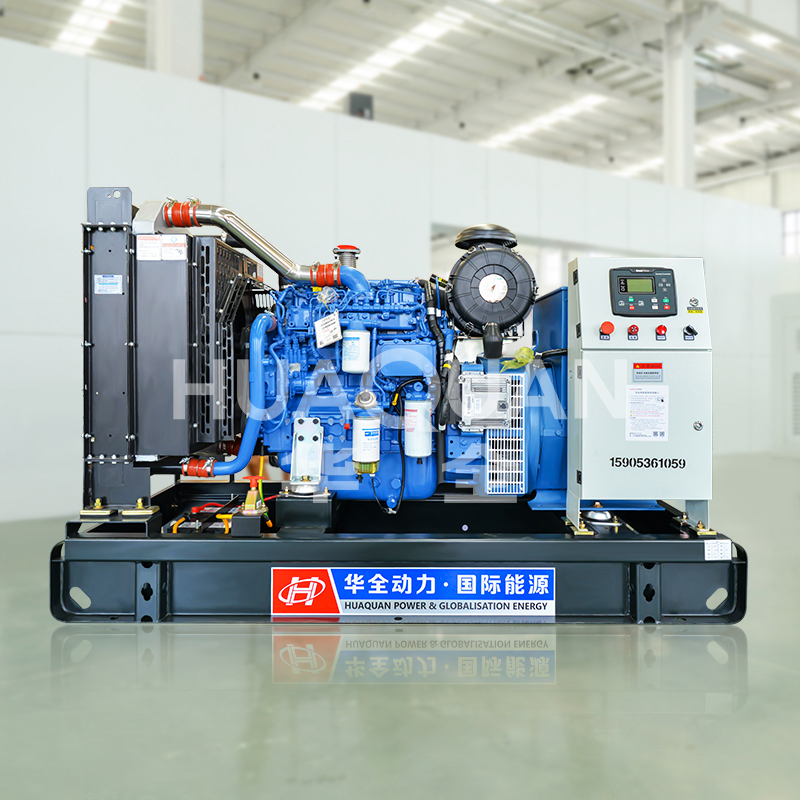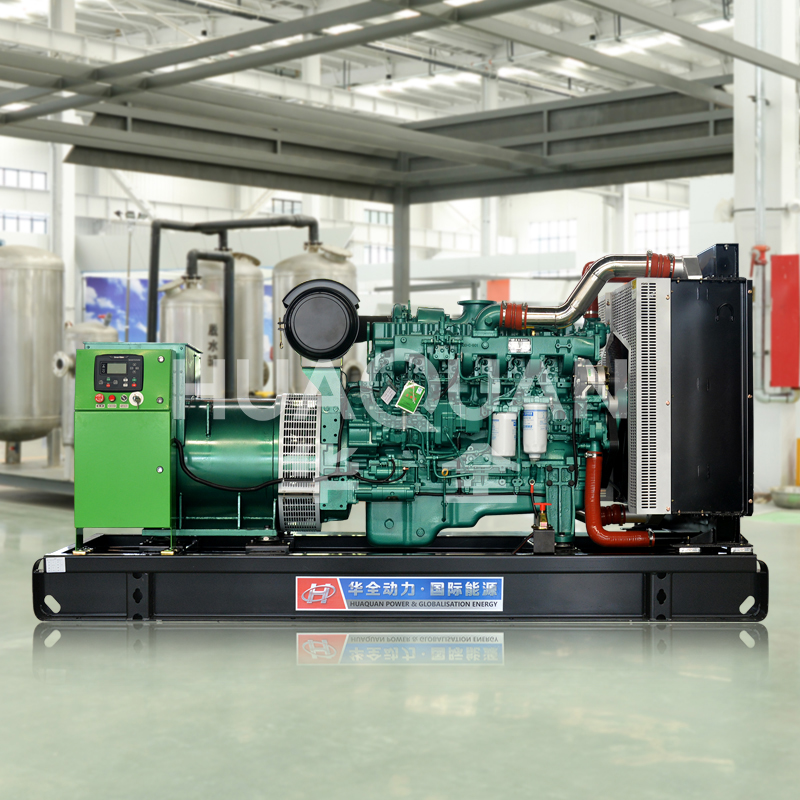farm generator is important for maintaining an uninterrupted power supply for agricultural operations, but exposure to rain can cause serious damage. Here are important ways to protect your farm generator from the effects of rain for users' reference.
1. Proper Shelter Installation
Always house farm generator in dedicated enclosures or sheds with proper drainage. A three-sided metal shelter with a sloping roof effectively deflects rainwater while allowing ventilation. Ensure the structure extends at least 1 meter beyond the generator on all sides to prevent water splash.
2. Waterproof Covers & Seals
Use industrial-grade waterproof covers when farm generator remain outdoors temporarily. For permanent outdoor units, apply silicone sealant around control panels and exhaust outlets to prevent moisture infiltration. Regularly inspect rubber gaskets on fuel caps and doors.
3. Elevated Placement
Position farm generator on raised concrete platforms (minimum 15cm height) to avoid water pooling during heavy rainfall. This is especially crucial in flood-prone areas where ground absorption is slow.
4. Strategic Ventilation
While protecting farm generator from rain, ensure cross-entilation to prevent overheating. Install louvered panels or mesh screens on shelter walls to balance airflow and water protection.
5. Post-Rain Maintenance
After wet weather, immediately check farm generator for:
Moisture in electrical components (dry with compressed air if needed)
Corrosion on metal surfaces (apply anti-rust coating)
Fuel contamination (drain water from filters)
6. Emergency Preparedness
Keep spare waterproof tarps near farm generator for unexpected storms. Train staff to quickly disconnect power and cover units when severe weather alerts occur.
By implementing these measures, farm generator can maintain optimal performance despite challenging weather conditions, ensuring continuous power for critical farming operations.
More information about farm generator:https://sinogens.com/








